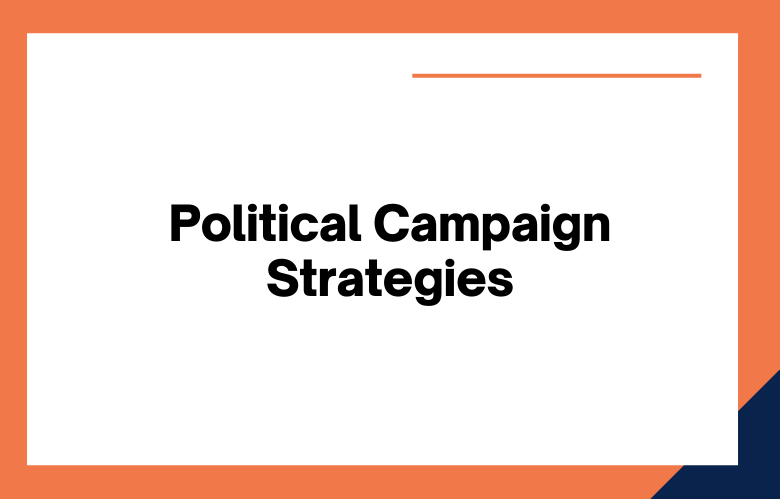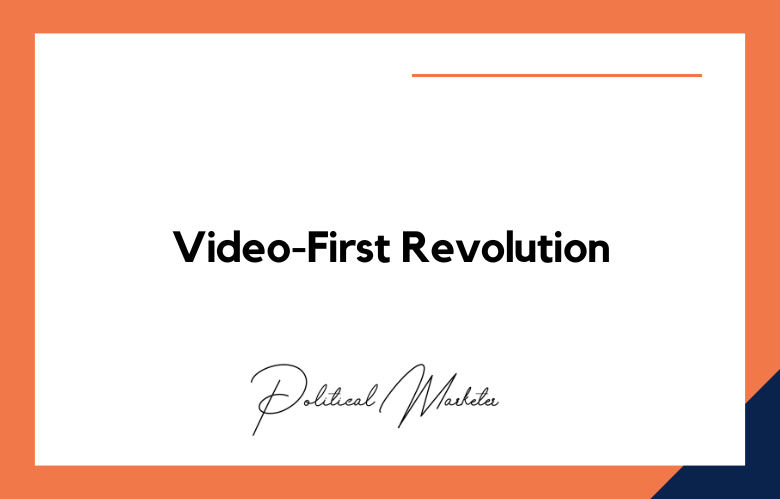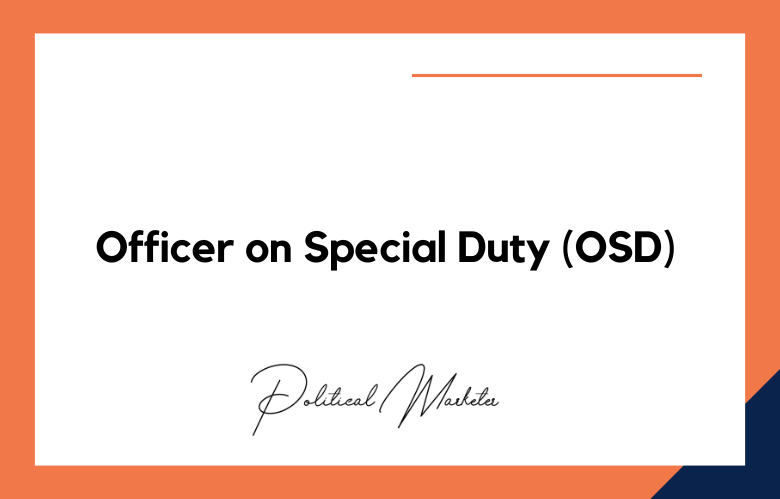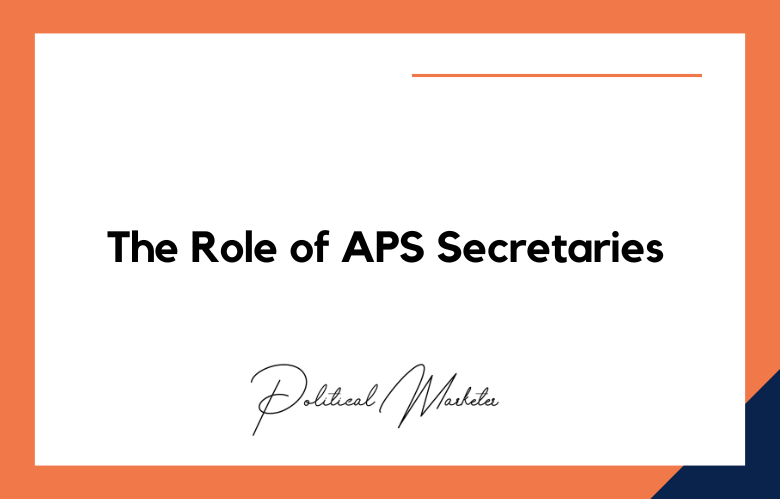Are you gearing up for a political campaign? Whether running for office or working on a campaign, it’s essential to have a strategy in place. We will provide you with some guidance on political campaign strategies.
Just because you’re running for office doesn’t mean you know everything about campaigning. Luckily, some people have been through it before and can guide you. In this blog post, we’ll discuss some basic political campaign strategies that will help you win over voters and get elected. So, if you’re looking to make a successful run for office, be sure to read on!
Guidance on Political Campaign Strategies
- Understand the political climate of your area
- Determine if you have a chance at winning
- Make sure that you are qualified to run for office
- Keep up with current events and stay informed about what is happening in your district or state
- Research who else is running for office, including their platforms and voting records, to see where they align with yours
- Create an outline of how to campaign effectively- this includes developing a strategy, identifying critical issues in your community, strategizing on different ways to reach voters, deciding which type of media will work best (TV ads? Social Media?), etc., designing materials like flyers or posters, and determining when these pieces should be released
- Develop a campaign strategy
- Build a strong team of advisors to help you decide and execute your plan.
- Create a compelling message for your target audience and use it in all channels, including social media, TV ads, and other forms of marketing.
- Ensure you have enough money to run an effective campaign by raising funds from donors who share your values.
- Create a campaign message that resonates with the people you want to reach
- Develop a plan for how and when to communicate this message
- Build an organization of volunteers who will help spread the word about your campaign
- Create a fundraising strategy, including both individual donations and corporate sponsorships
- Pick a campaign slogan that resonates with your target audience
- Create an effective and efficient social media strategy to reach voters on the go
- Craft a narrative for your supporters to share with friends and family
- Create a system that’s tailored to your individual needs
- Determine what you want the campaign to achieve- is it about starting a conversation or winning an election?
- Know your audience and tailor messaging accordingly
- Keep your message consistent across all channels, mainly social media
- Determine your campaign’s message
- Develop a strategy to reach voters and engage them with your message
- Develop an outreach plan for volunteers and supporters
- Build out a budget that balances spending on grassroots campaigning, advertising, and data analysis to create the most effective campaign possible
- Understand the political climate of your district and state
- Create a campaign platform that is tailored to what voters in your community want to hear
- Craft a compelling message for each target audience you are trying to reach, such as seniors or young people
- Choose which candidates you will be running against and research their voting records and public statements
- Determine how much money you’ll need for the campaign (at least $500,000)
- Research your district or state
- Create a campaign plan
- Ensure that you have enough money to fund the campaign
- Connect with voters and supporters of your party/candidate by attending events, knocking on doors, making phone calls, sending emails or texts, etc.
- Develop a compelling message for your target audience
- Build relationships with people in positions of power who can help you- these might include other politicians at the local level as well as national leaders
- Develop a message that resonates with the people you are trying to reach
- Create an advertising campaign that is tailored for each audience segment, utilizing different media channels
- Use analytics to measure what’s working and what isn’t
- Create a campaign website
- Build a social media presence
- Plan your strategy for fundraising and donations
- Develop an action plan to reach out to voters in your district or state
- Understand the political climate of your area
- Determine if you have a chance at winning
- Make sure that you are qualified to run for office
- Keep up with current events and stay informed about what is happening in your district or state
- Research who else is running for office, including their platforms and voting records, to see where they align with yours
- Create an outline of how to campaign effectively- this includes developing a strategy, identifying critical issues in your community, strategizing on different ways to reach voters, deciding which type of media will work best (TV ads? Social Media?), etc., designing materials like flyers or posters, and determining when these pieces should be released
- Develop a campaign strategy
- Build a strong team of advisors to help you decide and execute your plan.
- Create a compelling message for your target audience and use it in all channels, including social media, TV ads, and other forms of marketing.
- Ensure you have enough money to run an effective campaign by raising funds from donors who share your values.
- Create a campaign message that resonates with the people you want to reach
- Develop a plan for how and when to communicate this message
- Build an organization of volunteers who will help spread the word about your campaign
- Create a fundraising strategy, including both individual donations and corporate sponsorships
- Pick a campaign slogan that resonates with your target audience
- Create an effective and efficient social media strategy to reach voters on the go
- Craft a narrative for your supporters to share with friends and family
- Ensure you have enough funds to run your campaign
- Create a strategy that’s tailored to your individual needs
- Determine what you want the drive to achieve- is it about starting a conversation or winning an election?
- Know your audience and tailor messaging accordingly
- Keep your message consistent across all channels, mainly social media
- Determine your campaign’s message
- Develop a strategy to reach voters and engage them with your message
- Develop an outreach plan for volunteers and supporters
- Build a budget that balances spending on grassroots campaigning, advertising, and data analysis to create the most effective campaign possible.
- Research your district or state.
- Create a campaign plan
- Ensure that you have enough money to fund the campaign
- Connect with voters and supporters of your party/candidate by attending events, knocking on doors, making phone calls, sending emails or texts, etc.
- Develop a compelling message for your target audience
- Build relationships with people in positions of power who can help you- these might include other politicians at the local level and national leaders.
Conclusion
Campaigns are all about strategy. Knowing where your strengths lie, what to improve on, and how to focus on the best tactics for getting votes is essential. If you want guidance in determining these things or already have a plan but would like help executing it more effectively, contact us for political campaign consulting services today!
Based on our expertise with campaigns, we can provide insights into which strategies will work better than others.
Plus, we’ll be able to guide you through the most effective ways of reaching voters so that they are informed and motivated by your message. Contact us now!
One way to get in touch is by filling out our online form on this site or give us a call at +91 9848321284. Let’s work together today!
Guidance on Political Campaign Strategies: FAQs
What Is Political Campaign Strategy Guidance?
It refers to expert insights and frameworks that help campaigns plan voter targeting, messaging, outreach methods, and resource allocation effectively.
Why Is a Campaign Strategy Critical for Winning Elections?
Strategic choices on whom to target, what to communicate, and how to allocate resources often determine the success or failure of a campaign.
What Are the Key Types of Campaign Strategies?
Common strategies include media-focused campaigns, get out the vote (GOTV) operations, grassroots field organizing, and issue-based advocacy.
What Is a Media Strategy in Politics?
It focuses on building candidate visibility through paid advertisements, earned media coverage, and digital promotion to reach a broad audience.
What Is a GOTV Strategy?
Get Out the Vote campaigns aim to mobilize known or likely supporters through phone calls, door-to-door outreach, text messaging, and event-based engagement.
What Is the Ground Game Strategy?
This strategy emphasizes face-to-face interactions, such as canvassing and local volunteer outreach, to build personal connections with voters.
What Defines an Issue-Based Strategy?
A campaign organized around a single policy or cause, aiming to educate and mobilize voters on that specific issue rather than promoting a candidate.
How Do Political Campaign Intelligence Architects Influence Strategy?
They design data models and predictive tools that help campaigns analyze voter sentiment, allocate budgets, and refine targeting in real time.
What Are the Main Components of a Data-Driven Campaign?
Key components include voter modeling, real-time sentiment analysis, microsegmentation, feedback loops, and performance metrics.
What Role Does Integrated Marketing Play in Campaigns?
It ensures unified messaging across television, radio, social media, direct mail, field operations, and public relations to maintain consistency and maximize impact.
How Should Campaigns Identify and Segment Their Target Audience?
They use demographic, behavioral, and psychographic data to focus efforts on persuadable and high-value voter groups.
How Do Campaigns Persuade Swing or Undecided Voters?
By delivering tailored messages through trusted messengers, policy framing, community engagement, and meaningful two-way conversations.
What Practical Lessons Do Campaigns Offer Other Organizations?
Campaigns demonstrate the importance of rapid decision-making, message clarity, data segmentation, iterative feedback, and coordinated execution.
How Does Ground Canvassing Work in Practice?
Volunteers use walking lists to go door to door, engage voters in conversation, identify support levels, and gather real-time voter insights.
What Is Deep Canvassing and Why Is It Effective?
It uses extended, personal conversations to encourage voters to reflect on their beliefs, helping shift opinions through empathy and storytelling.
What Are Ethical Considerations in Campaign Strategy?
Campaigns must operate transparently, follow funding laws, avoid misleading messages, and respect democratic norms and voter privacy.
How Do Campaigns Combat Misinformation and Bias?
They use fact-checking systems, digital monitoring tools, bias mitigation in data models, and clear internal communication protocols.
How Do Social-Engineering Tactics Fit into Propositioning?
Campaigns may use emotional appeals, social proof, and personal narratives to influence behavior, but must do so ethically and transparently.
How Can AI Be Used Responsibly to Support Campaign Messaging?
When deployed with oversight and clear disclosures, AI enhances targeting and messaging efficiency without misleading or manipulating voters.
What Constitutes the Main Components of a Successful Campaign?
A successful campaign includes strong messaging, audience targeting, integrated media strategy, field operations, data analysis, and ethical compliance.











